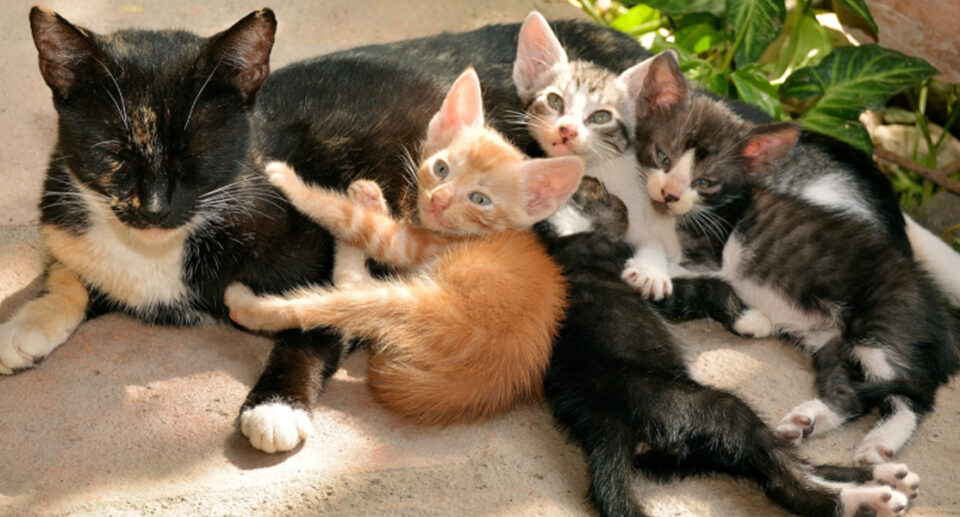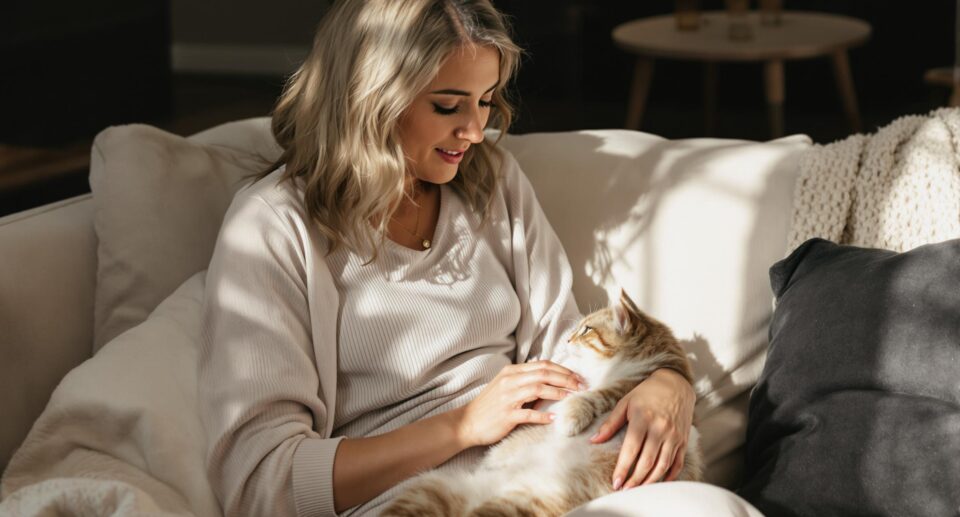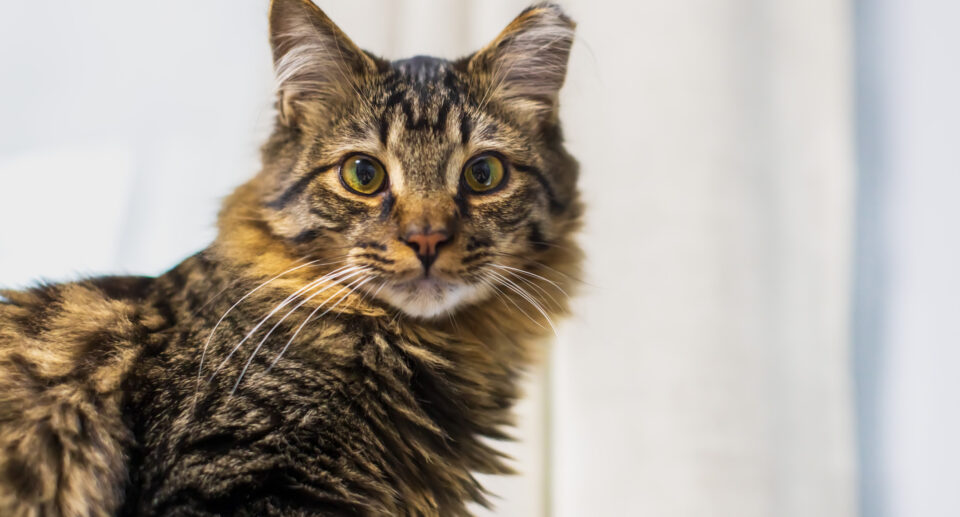How Long Is A Cat Pregnant?

Once your cat has mated, how long will it be before you can expect to hear the pitter patter of little paws? Learn about the stages of your cat’s pregnancy, and how you can keep your cat strong and healthy through pregnancy and nursing.
How Long Is A Cat Pregnant?
A cat’s pregnancy, on average, lasts about 2 months, 8-9 weeks, or 60-63 days.
During the first 2-3 weeks, you will likely not notice any symptoms of pregnancy.
By the third week after your cat has mated, her nipples will enlarge and may become darker. Her appetite will start to increase. It’s a good idea to visit a vet for an ultrasound to confirm that your cat is indeed pregnant, rather than suffering from a false pregnancy.
Around week 4 and 5, your cat may look visibly pregnant with a big belly. You may be able to feel kittens moving around in her belly when she lies close to you, but avoid picking her up, as this could injure them.
At 7-8 weeks, your veterinarian can use an x-ray to count how many kittens are in your cat’s belly. Your cat will need to eat about 25% more food than she usually does. You can start feeding her a high quality kitten food, which is higher in calories, fat, and protein than adult cat food. You may choose to free-feed your cat so she can eat as much as she likes.
By 8-9 weeks, your cat will go into labor. About 12-24 hours before the kittens are born, your cat will seek a comfy, secluded place to deliver. She may refuse to eat. You may notice clear, watery discharge from her vagina. Provide a box filled with shredded newspaper and old towels, kept somewhere quiet but easy to observe.
Most cats are able to handle delivery on their own, but stay close by to make sure she is successful. You can expect kittens to come less than 1-2 hours apart. Call your veterinarian if your cat seems to be having difficulty, as an emergency c-section is sometimes needed to safely remove any remaining kittens from the uterus.
After The Kittens Are Born
Once your cat’s kittens have been born, they’ll quite literally suck up all of her energy. She’ll need to eat about 2-3 times more food than usual to produce enough milk for her litter. Continue to feed your cat kitten food while she’s nursing.
Keep in close contact with your veterinarian through the pregnancy and as your kittens grow up. Schedule a post-natal vet appointment about 24-48 hours after delivery to make sure mom has passed all kittens and placentas, and that your kittens are healthy.





